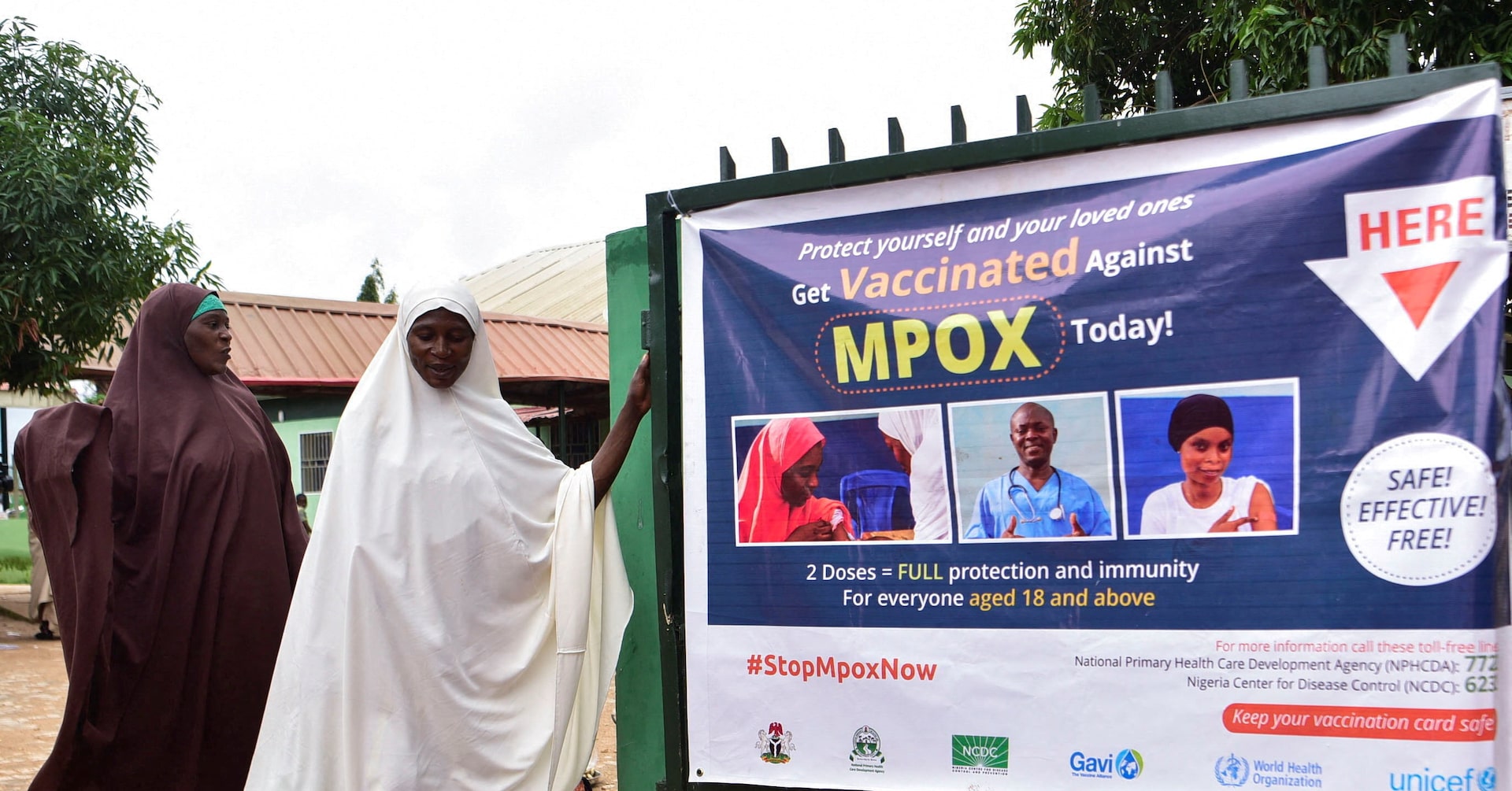Mpox Threat Subsides: Global Health Experts Sound Cautionary Note

In a significant milestone for global health, the World Health Organization (WHO) has declared an end to the international health emergency status of Mpox. WHO Director-General Tedros Adhanom Ghebreyesus announced the positive development on Friday, citing a substantial decline in infection rates across key African regions.
The decision comes as a welcome relief for health authorities and communities that have been battling the dangerous disease. Experts have observed a promising downward trend in Mpox cases, signaling potential control and containment of the viral outbreak. This marks a crucial turning point in the global fight against the disease, offering hope for affected populations and healthcare systems.
The WHO's declaration reflects the collective efforts of medical professionals, researchers, and public health officials who have worked tirelessly to understand, track, and mitigate the spread of Mpox. While the emergency status has been lifted, health organizations continue to emphasize the importance of vigilance and ongoing monitoring to prevent future outbreaks.








